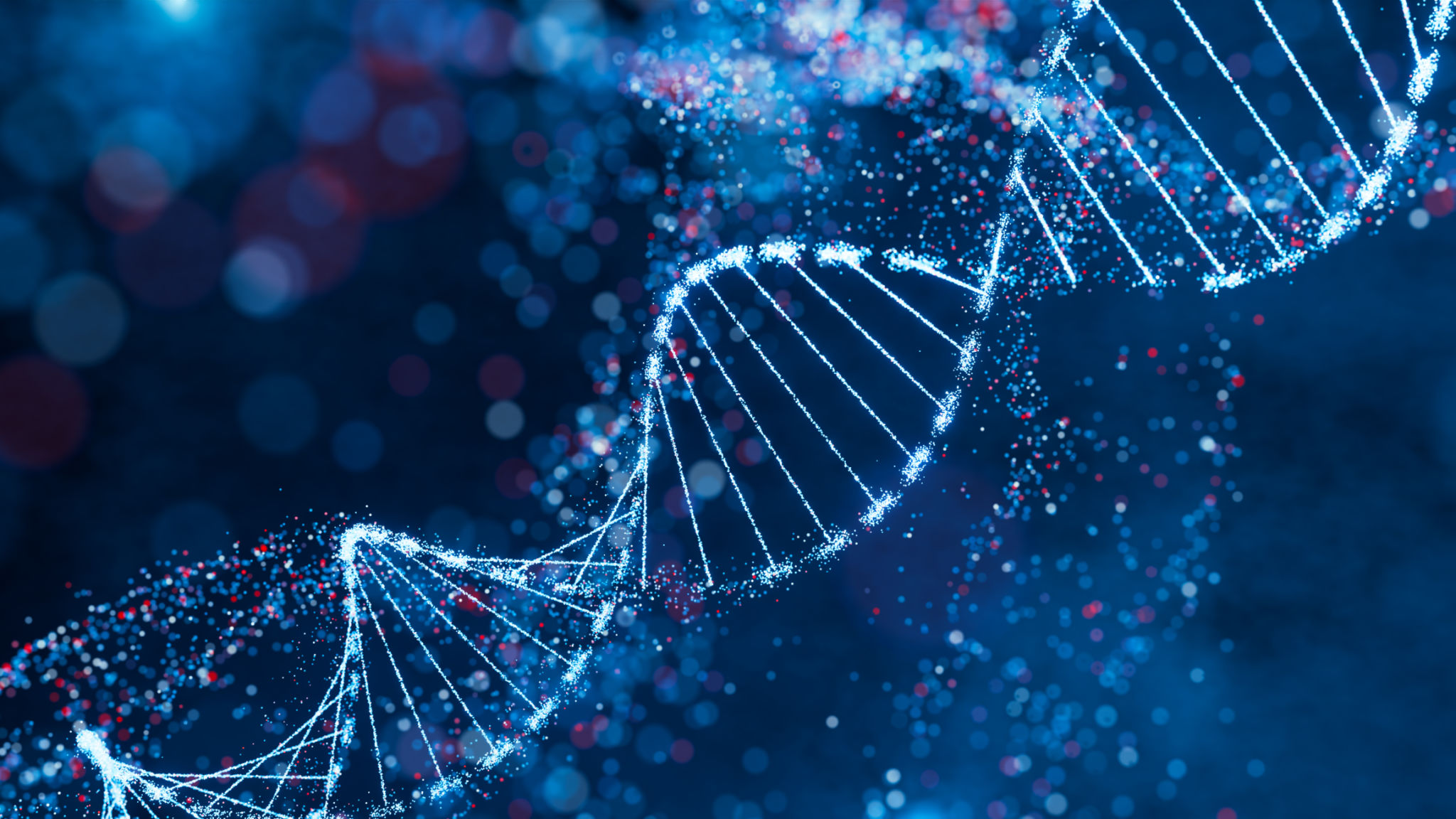Debunking Myths About DNA Testing: What You Should Know
Understanding DNA Testing
DNA testing has gained immense popularity over the past few years, offering insights into ancestry, health, and genetic traits. However, with its rise in popularity, several myths have surfaced, leading to misunderstandings about what DNA testing can and cannot do. This blog post aims to debunk some of these myths and provide a clearer picture of the capabilities and limitations of DNA testing.

Myth 1: DNA Testing Can Predict Your Entire Future Health
One of the most common misconceptions is that DNA tests can predict every disease you might develop in the future. While some tests can identify genetic predispositions to certain conditions, they cannot foresee all potential health issues. Environmental factors, lifestyle choices, and random mutations play significant roles in your overall health.
It's important to use DNA testing as a tool for awareness rather than a definitive health forecast. Understanding genetic predispositions can help in making informed lifestyle and healthcare decisions, but it should always be complemented by regular medical check-ups and consultations with healthcare professionals.

Myth 2: DNA Testing is Always Accurate
While DNA tests are generally reliable, no test is 100% accurate. The results can vary based on the quality of the sample provided, the specific technology used by the testing company, and the comprehensiveness of their database. False positives or negatives are rare but possible.
Consumers should approach DNA testing results with a critical eye and consider consulting a genetic counselor to interpret complex findings accurately. This professional guidance can provide a more nuanced understanding of your genetic information.

Myth 3: All DNA Tests Are the Same
Another common myth is that all DNA tests provide the same information. In reality, different tests are designed for specific purposes. Some focus on ancestry, tracing family origins back hundreds or thousands of years, while others target health-related genetic markers or traits like lactose intolerance or caffeine sensitivity.
Before purchasing a DNA test, it’s crucial to understand what information you seek and select a test that aligns with your goals. Researching various companies and their offerings can help ensure you choose a test that meets your expectations.
Myth 4: Your DNA Data is Not Secure
Concerns about privacy and data security are valid, given the sensitivity of genetic information. However, reputable DNA testing companies implement robust security measures to protect your data. Most provide options to control how your information is used, including opting out of research studies or data sharing with third parties.
- Always read the privacy policy before purchasing a test.
- Opt for companies with transparent data protection practices.
- Regularly review your privacy settings on the provider's platform.
Understanding and utilizing these security features can help alleviate concerns about data privacy while enjoying the benefits of DNA testing.

Conclusion
DNA testing offers fascinating insights into our genetics, but it's essential to separate fact from fiction. By debunking common myths, we can better appreciate the true potential of these tests while acknowledging their limitations. As technology advances, staying informed will help us make more educated decisions regarding our genetic information and its implications on our lives.
